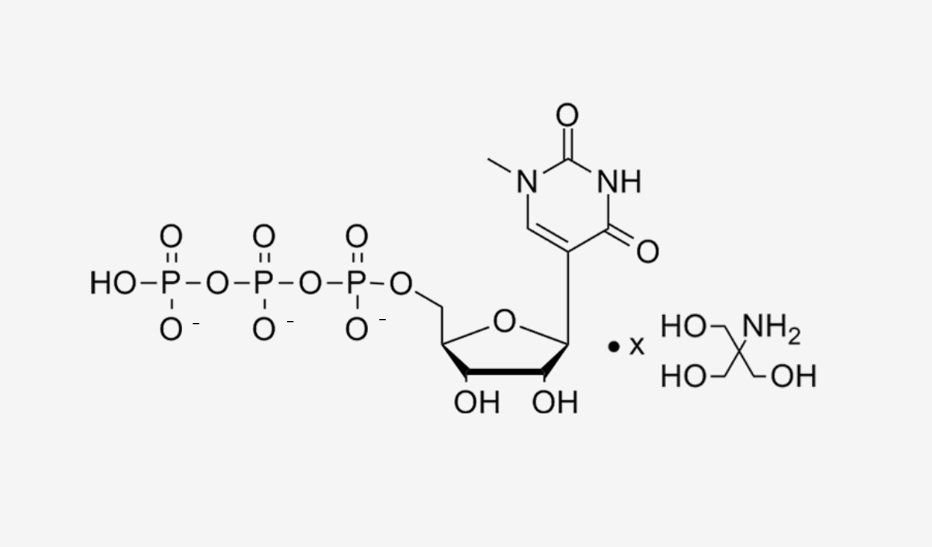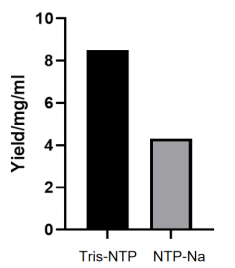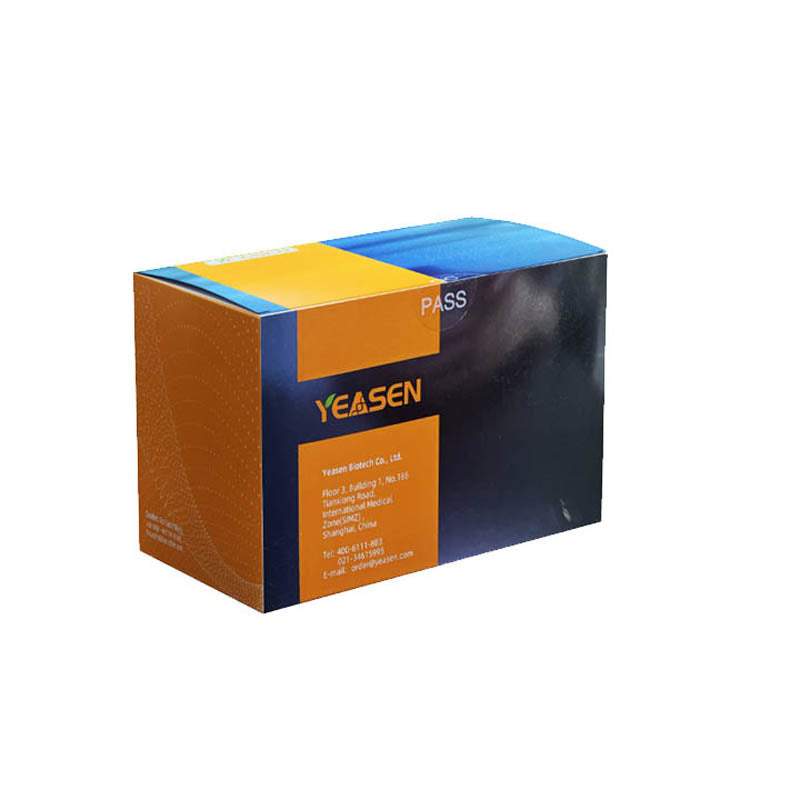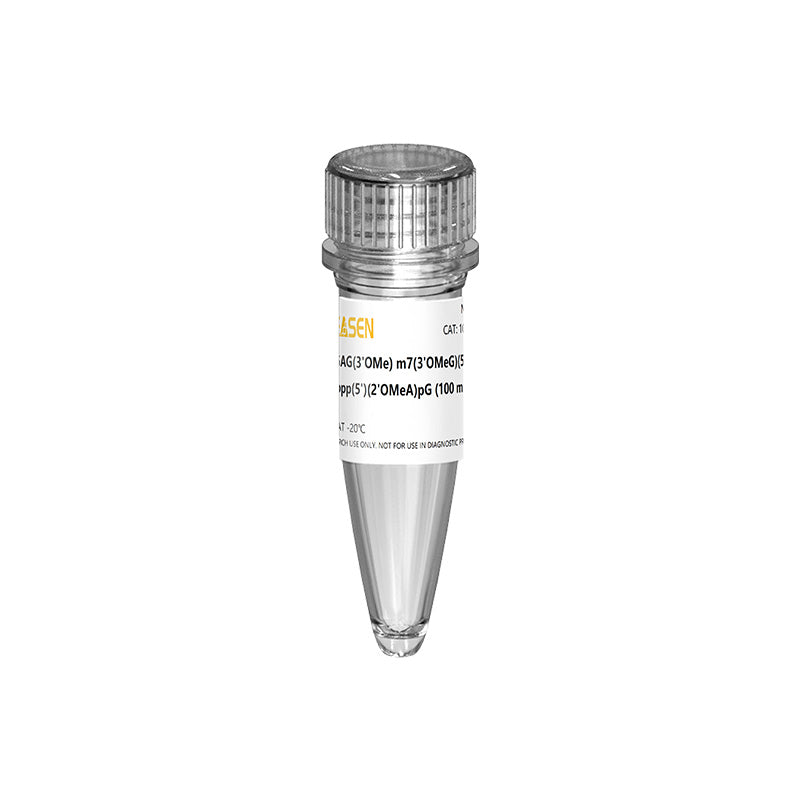Description
N1-Me-Pseudo UTP solution is one of the most commonly used modified nucleoside triphosphates. It is mostly used as the reaction substrate or coenzyme of enzymes, such as in vitro transcription, RNA amplification, siRNA synthesis, etc. The modified mRNA containing pseudouridine has better nuclease stability and translation characteristics and changes the innate immune receptor and in vitro transcription. The interaction of RNA has a wide range of applications in the field of therapy and diagnosis.
This product is produced in accordance with GMP process requirements and provided in liquid form.
Feature
- Validated, product-specific processes and analytical methods
- Product-specific stability
- Documentation follows applicable GMP guidelines
- AOF production process and raw materials (TSE & BSE)
- Nitrosamine statement
- Regulatory support documents available
- Large-scale production
- The increased IVT yield and the decreased dsRNA content under the optimized Tris NTP reaction system
Application
- RNA synthesis and amplification
- Building block for in vitro transcription
Specification
| CAS No. | 1428903-59-6 (free acid) |
| Molecular formula | C10H17N2O15P3 (free acid) |
| Molecular weight | 498.17 g/moL (free acid) |
| Purity | ≥ 99% |
| Content | 100mM ± 3mM |
| Structure |  |
Component
| Components No. | Name | 10657ES20 | 10657ES70 | 10657ES80 | 10657ES10 | 10657ES60 |
| 10657 | N1-Me-Pseudo UTP Tris Solution GMP-grade (100 mM) | 20 μL | 100 μL | 1 mL | 10 mL | 100 mL |
Storage
The product should be stored at -25℃ ~ -15℃ for two years.
Figures
- Increased the IVT yield

Figure 1. The IVT yield was significantly increased under the optimized Tris NTP reaction system, compared with the sodium NTP reaction system.
- Decreased the dsRNA content

Figure 2. The content of dsRNA was significantly decreased under the optimized Tris NTP reaction system, compared with the sodium NTP reaction system. The content of dsRNA was detected by the Dot Blot method.
Payment & Security
Your payment information is processed securely. We do not store credit card details nor have access to your credit card information.
Inquiry
You may also like
FAQ
The product is for research purposes only and is not intended for therapeutic or diagnostic use in humans or animals. Products and content are protected by patents, trademarks, and copyrights owned by Yeasen Biotechnology. Trademark symbols indicate the country of origin, not necessarily registration in all regions.
Certain applications may require additional third-party intellectual property rights.
Yeasen is dedicated to ethical science, believing our research should address critical questions while ensuring safety and ethical standards.


